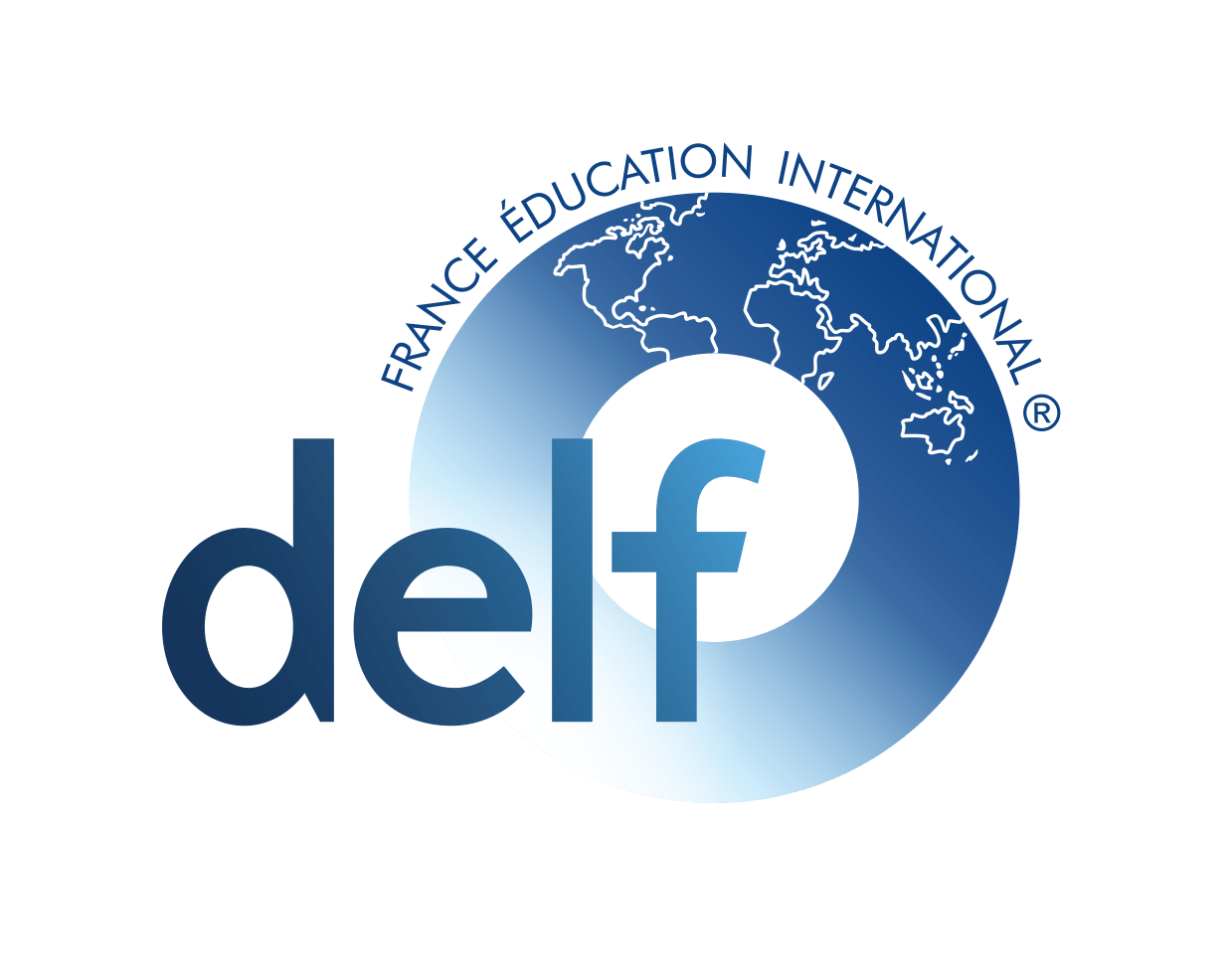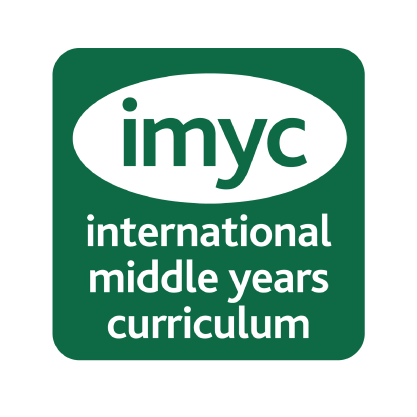Project Work in Early Years Education
Why do we work for projects in Early Childhood Education?
Working on projects helps students develop their skills, allows each one to learn according to their interests, progress individually… and it’s also fun.
This methodology is very attractive, every day something different and magical is done for the little ones. It provokes their “emotion” and thanks to that state of mind the interest in knowing arises, almost spontaneously and effortlessly.
How do our projects come about in the classroom?
Sometimes for the interest of the students and other times it is the teacher himself who proposes it.
The important thing is to create an interesting proposal that provokes the essential motivation to ignite the “spark” of curiosity towards learning.
How do we start our projects?
The students tell what they know about the subject, they brainstorm and we write down what they know, then we ask them what they want to know and we also record it and finally the students and teachers together look for information and begin to put together the project.
Little by little, the objectives, contents, groupings of students, duration, etc… are defined.
At the end we collect each and every one of the activities that have been developed in different ways and write down everything we have learned. So that you can see what the learning process has been and see that each one has evolved in a different way because the starting point was also different.
Connection of our project with real life
For us, it is essential that from an early age our students know what to learn will help them to function in their real life.
With the outing outside the school we try to find that connection with reality. Any visit (museum, theater, factory, farm…) can be the motivating activity or the trigger so that before or after going, an investigation is started in which the group-class wants to know more.
Our project and families
Outside the classroom, students will need to continue their research, and the most appropriate thing is for the family environment to get involved, motivate them and accompany them in this search.
Families can collaborate by contributing books, looking for articles or information, bringing material, they can come to carry out an activity or talk to the class.
Conclusion of project work.E
At the end of the project our students will have acquired a lot of knowledge, skills, abilities and will have a positive attitude towards learning, they will want to know more…
Because working on projects is magical and that magic makes us all learn together and be a little happier and more creative.
Cristina Olmedo
Teacher of Early Years
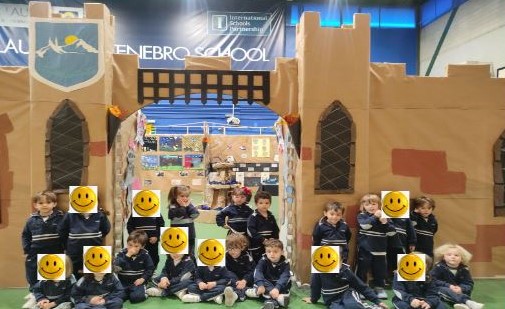
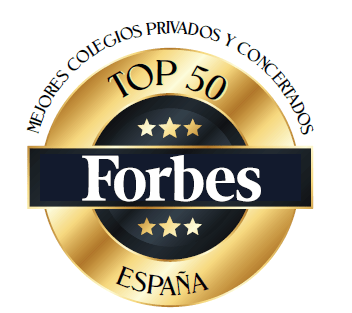
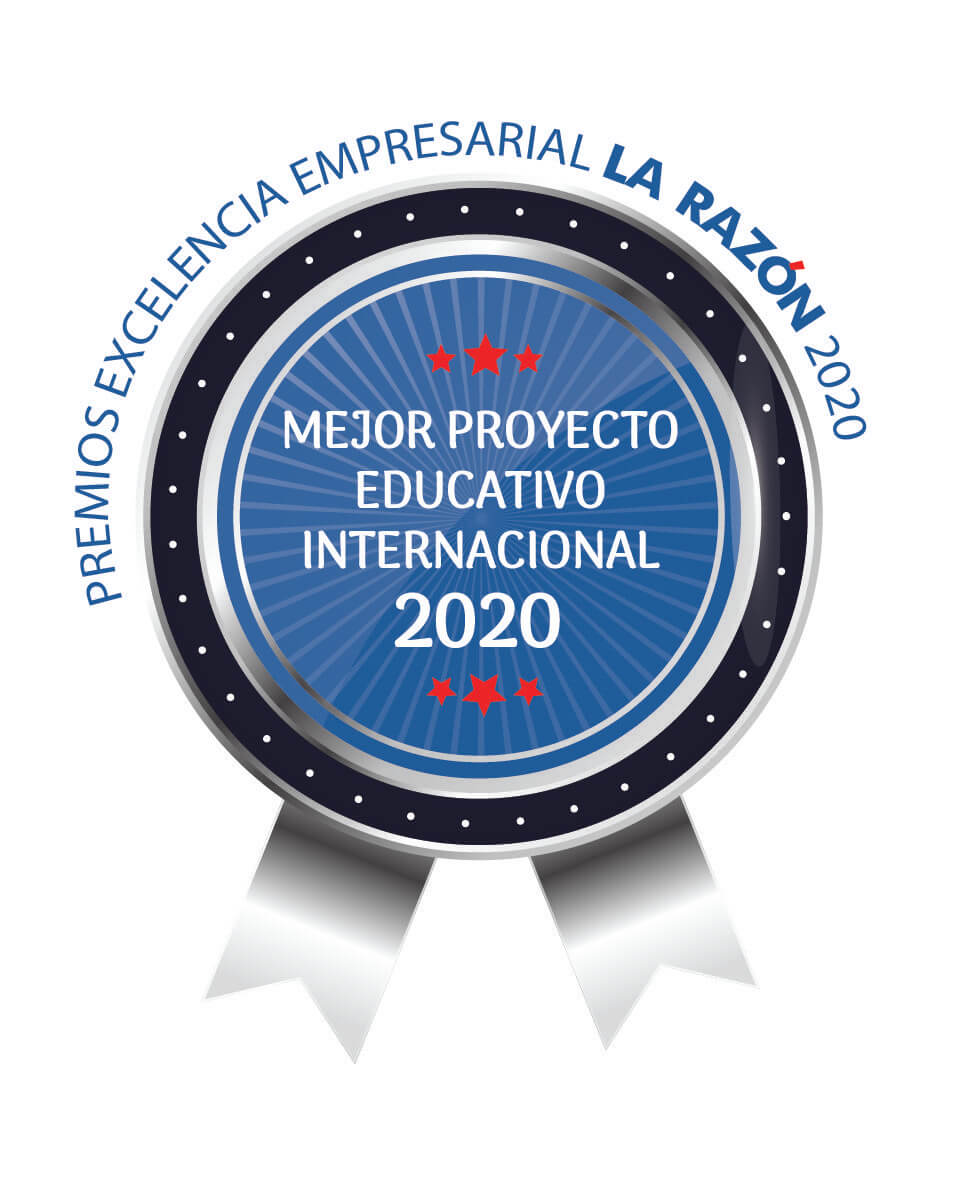
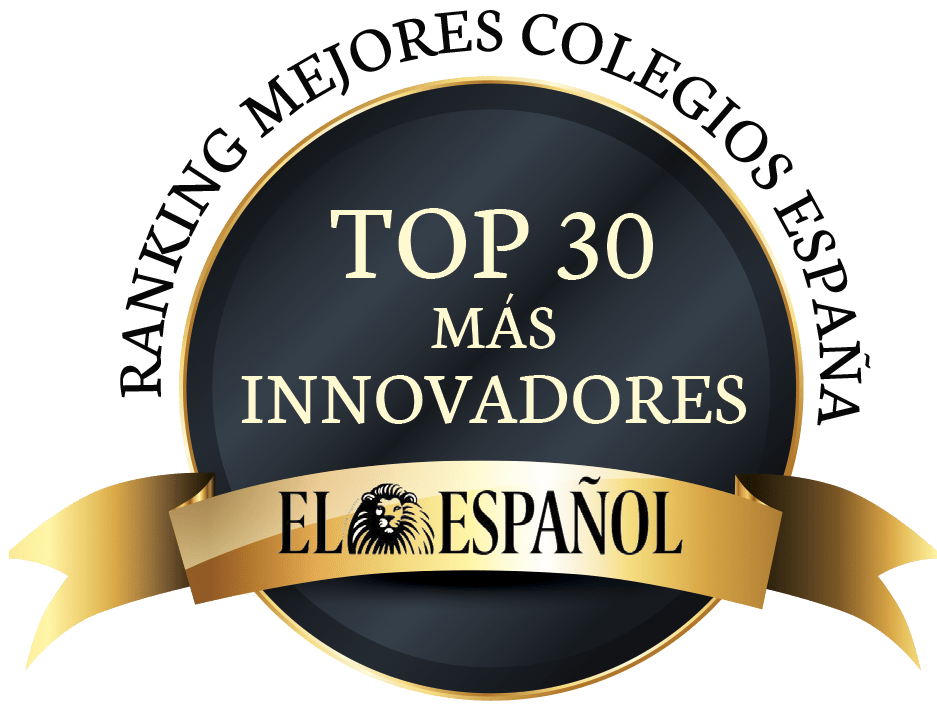
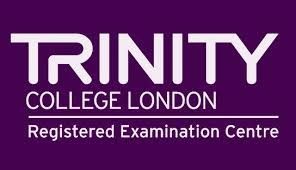

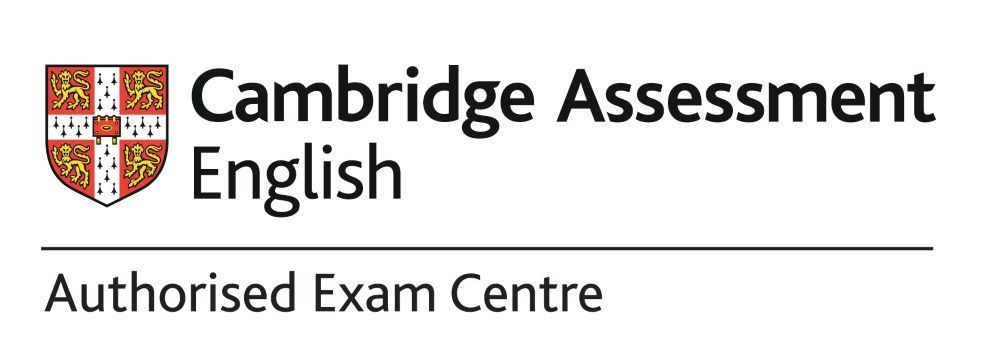
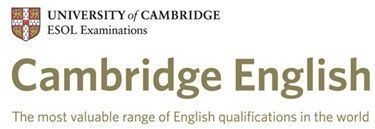


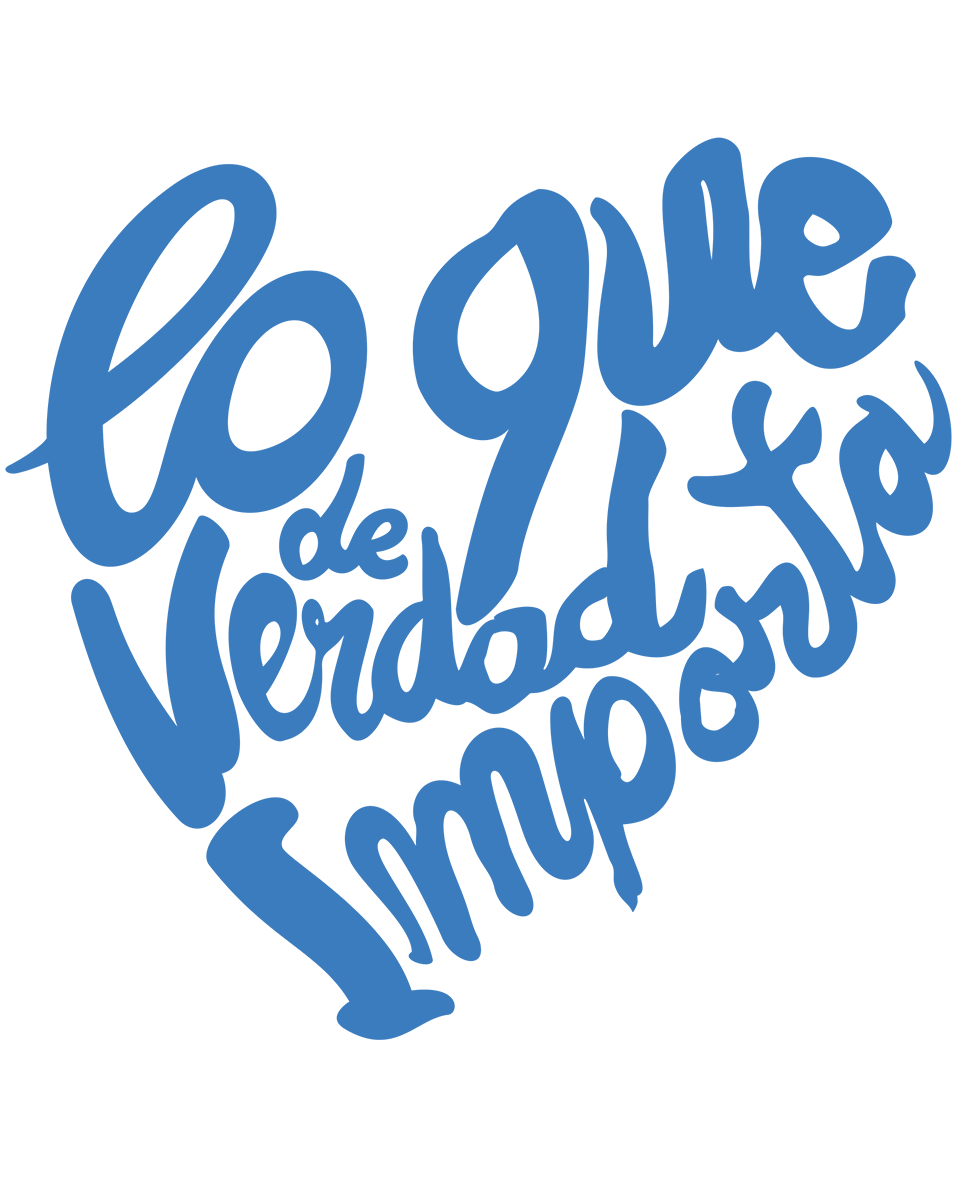
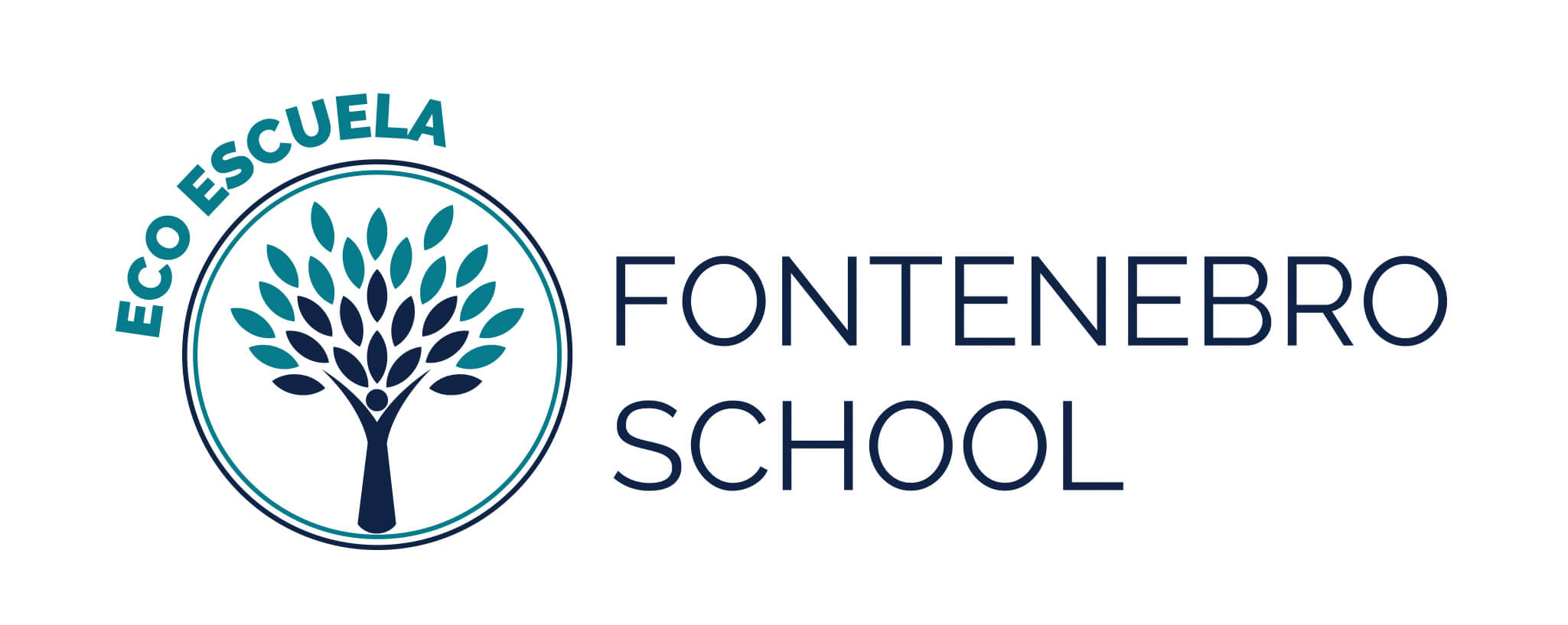
![BAPParentLogo[5]](https://fontenebroschool.com/wp-content/uploads/2020/09/BAPParentLogo5.png)
